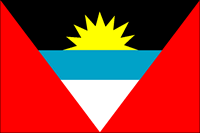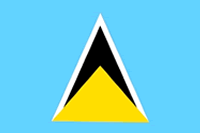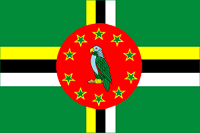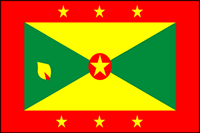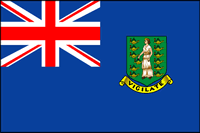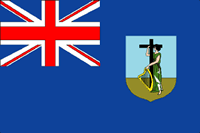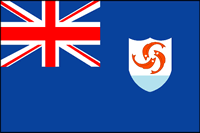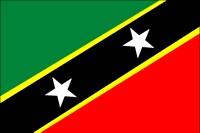Advancing Gender Equality in the Eastern Caribbean
Tackling discrimination based on sex is a human rights issue. It is also an economic issue. It is proven that empowering equally women and girls as men and boys contributes to economic growth and sustainable development. According to the World Bank, the cost of gender inequality around the world is estimated at $160.2 trillion.
Notwithstanding the progress made on this matter over the past forty years, achieving gender equality in the Eastern Caribbean remains a challenge as significant inequalities between men and women persist, especially in relation to employment and wages, access to formal sources of financing or credit, capacity to recover from economic and environmental shocks, participation in decision-making and governance mechanisms, and the level of risk of suffering from different forms of sexual and gender-based violence.
The OECS Commission, through the Gender Team, is collaborating with its Member States along with multiple international agencies to address these challenges and advance gender equality in the Eastern Caribbean region.
Objectives

The OECS, through the Gender Team, is mobilizing efforts to advance gender equality in the Eastern Caribbean. The OECS Gender Policy developed 3rd November 2021 affirms the commitment of the Organisation to advance gender equality in the Eastern Caribbean and sets the priority actions which will be undertaken in this regard for the next five years.
The OECS Gender Policy pursues the five key objectives below:
- To guarantee that the policies and programmes of the OECS Commission are gender-responsive;
- To create a visible institutional culture of gender equality by mainstreaming gender responsive actions into the daily practices of the OECS Commission;
- To strengthen the capacity of OECS Member States to examine and address gender issues;
- To ensure equal participation of men and women, boys and girls in OECS policies and programmes; and
- To promote values leading to a culture of gender justice, mutual care, peace, harmony and freedom from violence in the home, communities and institutions of the Member States.
Gender Mainstreaming into OECS Programmes and Projects
The OECS ensures that issues related to gender are mainstreamed into the projects and programmes which are currently being developed as follows:
- Environmental and Social Management Plan (ESMP) and Gender and Social Inclusion Action Plan (GAP);
- Social Inclusion and Social Protection Project; and
- the OECS Regional Health Project
Resources
View the OECS Commission Gender Policy
Access more resources on gender equality in the Eastern Caribbean via the OECS Library.
Partners
The OECS has been partnering for multiple years with international agencies who support the priority objectives defined above in order to advance gender equality in the Eastern Caribbean.

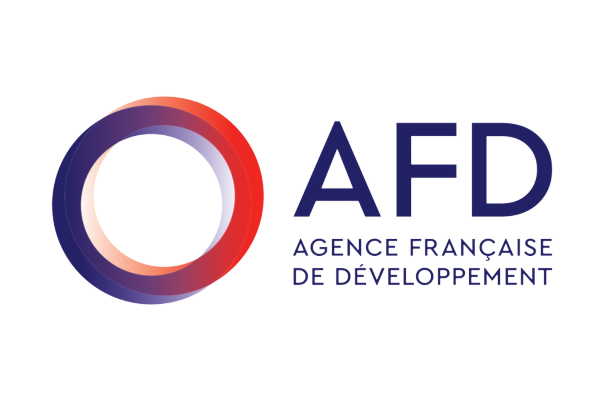
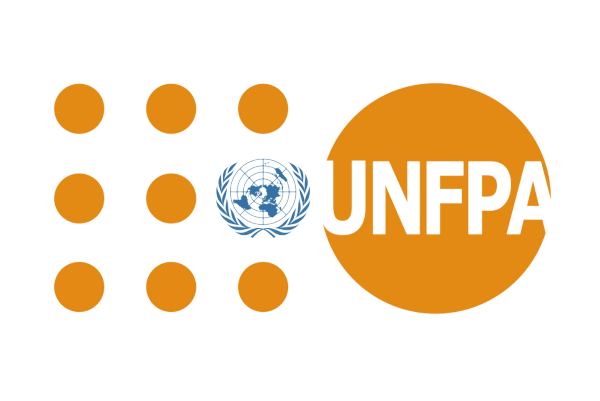
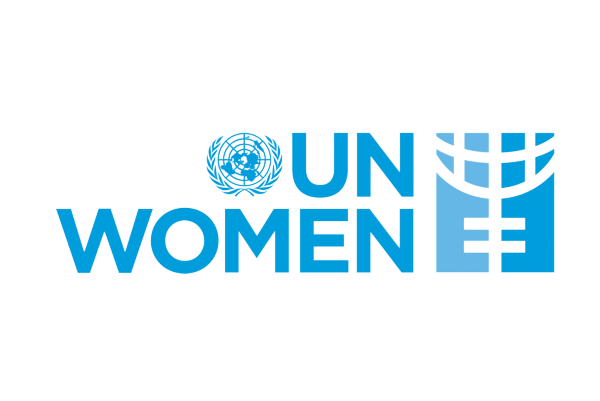
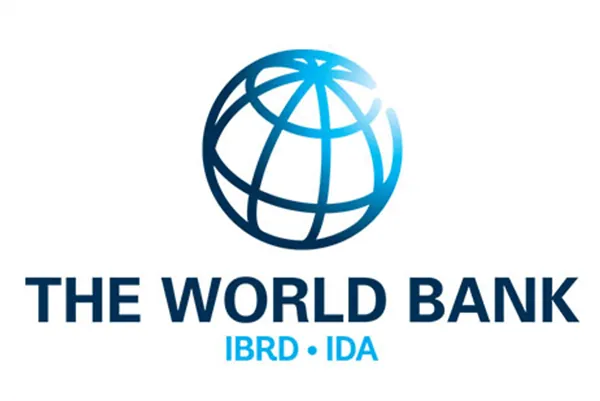
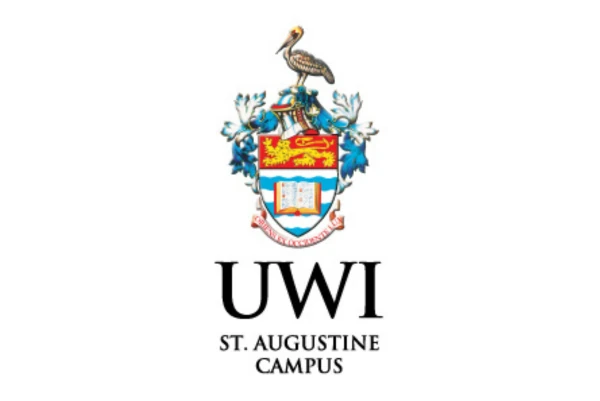
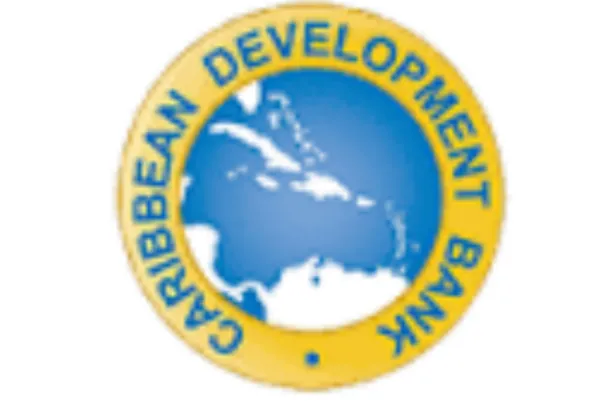


Learn more About Gender Equality in the Eastern Caribbean
The OECS is working in close collaboration with all the Ministries of its Member States on all matters related to gender equality in the Eastern Caribbean. Issues pertaining to gender equality are usually part of the portfolio of the Ministries of Social Development. The Council of Ministers of Social Development is hosted once a year. This meeting aims to discuss and address issues on this particular matter, and harmonize the strategy in Social Development in the OECS Member states.
